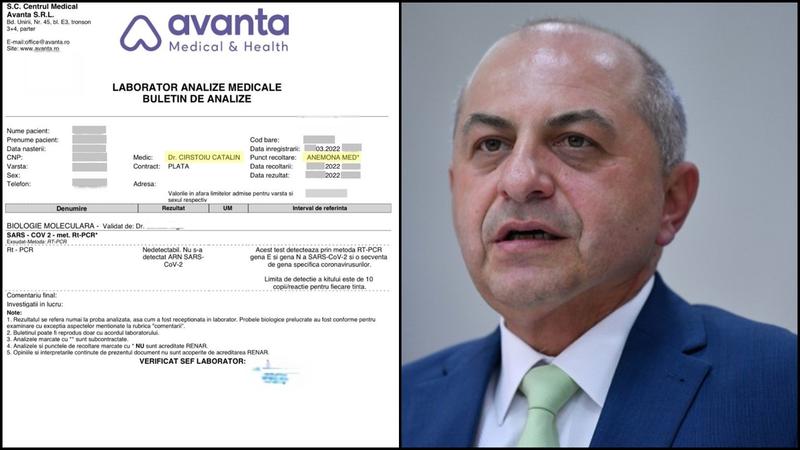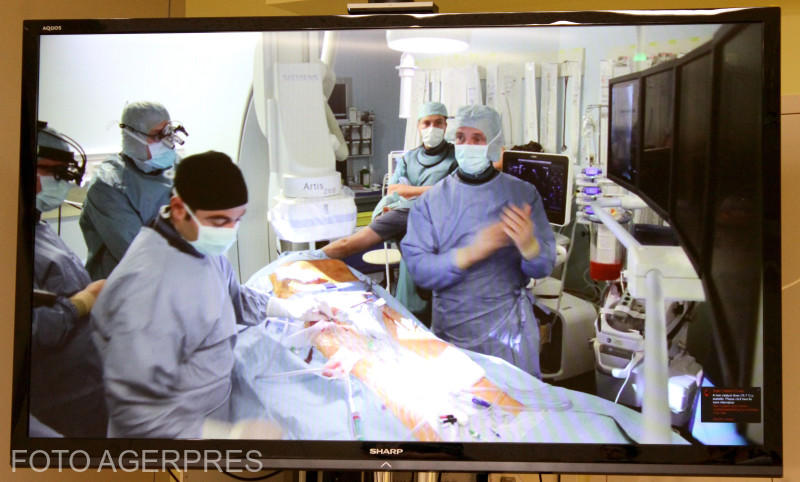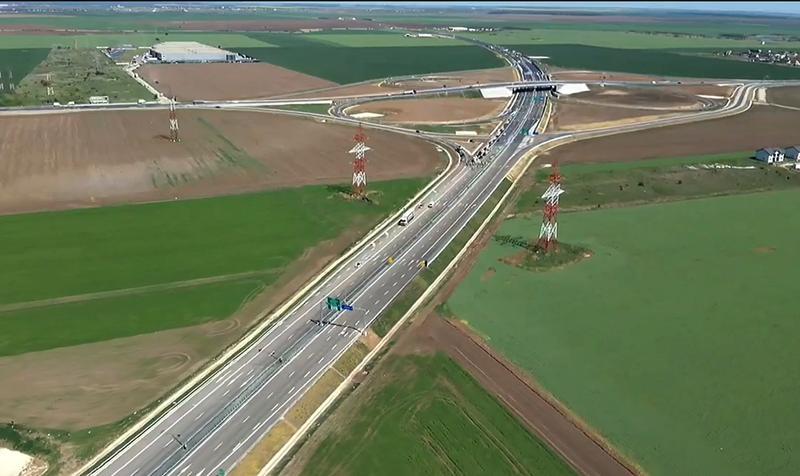Romania’s government gives up plans to join the euro zone in 2015 because euro zone member states do not want a non competitive partner and Romanian authorities do not wish to give up the force of the exchange rate and the reference interest rate. The National Lottery did not pay taxes worth 313 million euro since June 2009. A cooperation agreement between Constanta and Rotterdam ports has been signed. Eastern Europeans migrating in Great Britain could request 1.130 euro/month aid plus a house.
Evenimentul Zilei reads on Tuesday about the main reasons for which the government decided to postpone joining the euro in 2015. The newspaper reads that euro zone EU member states do not want a non competitive member among them and Romanian authorities do not wish to relinquish the exchange rate and the reference interest rate.
National Central Bank chief economist Valentin Lazea said that if the government will join the European mechanism of exchange rates in 2013 – 2014 then most probably Romania will join the euro zone in 2016 – 2017. Any state wishing to adopt the European currency needs to comply with five conditions: inflation ceilings, interests of the state titles on the long term, exchange rates, budgetary deficit and public debt.
Even though some criteria are already complied with by Romania, the inflation and budgetary deficit are far from the targets set in the Maastricht Treaty. For now, no government member did not publicly inform on the decision to postpone the adoption of the euro.
Romania libera reads that the state lost a 313 million euro lottery ticket, referring to the debt the National Lottery has to the state, in taxes. Financial inspectors claim that the National Lottery has been exploiting since June 2009 betting games for which it did not pay taxes to the state.
The report refers to slot machines that are installed in each headquarter of the lottery. Since 2009 the national lottery should have been paying taxes for them to the state. According to a calculus made by the newspaper, the lottery needs to pay to the state 313 million euro.
Elsewhere in the news, Romania Libera reads that a cooperation memorandum between Constanta and Rotterdam ports has been signed by the Dutch Infrastructure and Environment minister Melanie Schultz and her Romanian counterpart, Anca Boagiu. A plan of action will be presented on July 31.
Rotterdam is the first port in terms of size in the EU and the potential of growth of Romania’s port, Constanta is very big. Romania’s port has all chances to become second biggest, after Rotterdam.
Gandul reads that Eastern Europeans migrating in Great Britain will be able to request for a 1,130 euro aid and houses. On Sunday, 24th of April, the law forbidding immigrants to request unemployment, house and tax exemption aid has been eliminated. The law was adopted in 2004 and expired this Sunday.
Critics of the law say that its elimination will attract citizens from seven former Communist countries and will encourage the over 1 million immigrants from these countries to stay. When Latvia, Lithuania, Estonia, Poland, Czech Republic, Slovenia and Slovakia joined the EU in 2004 their citizens were not allowed to request aid, tax exemptions or houses unless they worked at least one year in Great Britain.
On Sunday, the law expired so that citizens coming from these countries will be treated just like the British. They will be able to request the benefits. Since the 2004 extension of the EU, Great Britain faced the biggest immigration wave in the country’s history despite estimates at the time.
British authorities however claim that the change of the law does not mean that people will be able to come to Britain and request money and households because tests will be strict.



















